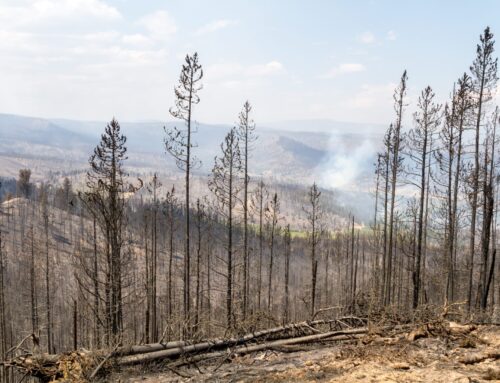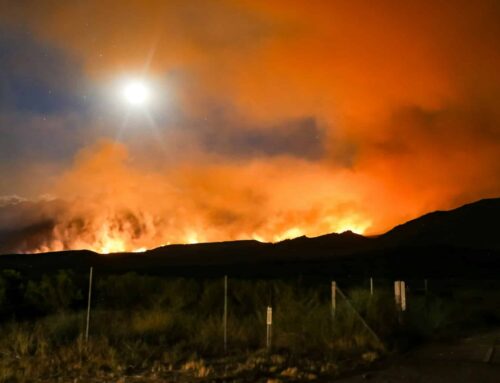Statement by Jill Lancelot, Co-founder/Senior Advisor, regarding Colorado public awareness effort on energy.
Statement by Jill Lancelot, Co-founder/Senior Advisor
Regarding Colorado Public Awareness Effort on Energy
I am Jill Lancelot, co-founder and senior advisor for Taxpayers for Common Sense. Taxpayers for Common Sense is a non partisan budget watchdog working to ensure the federal government spends taxpayer money efficiently and responsibly.
I’m glad to be here today to help kick off this exciting public awareness effort on energy.
Taxpayer watchdog groups, sportsmen, ranchers, and doctors have come together to support responsible domestic energy production that will protect taxpayers, wildlife, land and health. Rather than promoting a catchy slogan, we have joined together to advocate solutions that will make energy production Colorado Clean.

For nearly a century, US taxpayers have been subsidizing the oil and gas industry. TCS has calculated that since 1950, the federal government has provided more than $168 billion in tax breaks and subsidies, helping this industry to prosper mightily. A quick look at the top producers of 2007 and 2008, shows total profits were up more than $10 billion since 2005 and in the last decade profits for the top 25 oil and gas companies have increased more than 250%.
Even the recently passed $700 billion bailout bill included more than $2 billion in increased subsidies to the oil and gas industry over the next five years.
Oil and gas companies producing in Colorado, include some of the largest producers in the world, including BP, Chevron and Anadarko. Like other top producers in the oil and gas industry, these companies saw significant increases in profits over the last decade. BP has seen profits nearly double from $11 billion in 2000 to more than $20 billion in 2007. Chevron’s profits are up from $7.7 billion in 2000 to more than $18.6 billion in 2007.
Furthermore, drilling on public lands generates significant wastes that can contaminate ground water, public lands, vegetation and wildlife. In order to protect taxpayers, bonding rates were established to guarantee oil and gas companies would reclaim their abandoned wells. However, today’s extremely low bonding rates offer little incentive to ensure proper clean-up. Inadequate bonding enables oil and gas companies to incur little financial risk, hence avoiding the full costs and risks of doing business, leaving taxpayers to pick up the tab.
Bonding regulations were set back in 1960 and remain unchanged. For example, the industry pays only $10,000 per lease (in today’s dollars they should pay more than $73,000 per lease) or $25,000 ($184,782.94 in today’s dollars) for all leases held in the state of Colorado. This profitable industry should certainly be paying 2008 bonding rates to provide taxpayers some assurance that these companies will not walk away from their responsibility for clean-up.
Each lease can contain thousands of acres (more than 10,000 if the lease is non-competitive) providing access to endless acres of Colorado lands. If a company holds multiple leases in the state they would be providing a mere sum of $25,000, an inadequate amount, in bond assurance while making millions in profits off the extracted oil and gas.
It is time to end taxpayer handouts to the oil and gas industry. After more than a century to establish itself, the oil and gas energy sector is now a mature industry and clearly has the ability to stand on its own two feet without taxpayer subsidies.
Congress must act to end the siphoning of taxpayer dollars to powerful energy companies. We are hopeful that the newly elected Congresswoman, Betsey Markey and our new Senator Mark Udall will be leaders in this effort. The federal government cannot continue to perpetuate an endless cycle of subsidies to one of the wealthiest industries.
####












Get Social